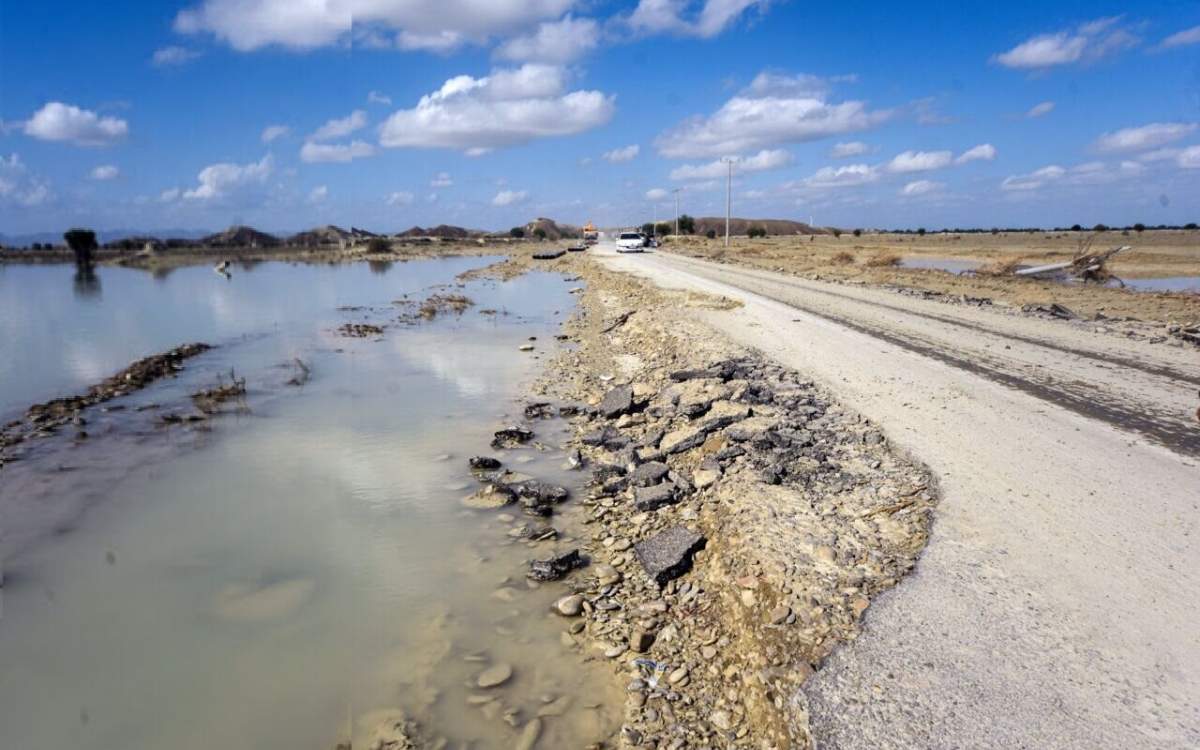The Iran Project
: Crisis prevention, as a crucial part of the crisis management process, involves adopting a proactive approach to avoid or minimize the devastating effects of disasters and ensure a safe living environment, Mohammad-Hassan Nami, the head of the Crisis Management Organization, has said.
Tuesday 23 April 2024 - 20:50
Story Code : 420221
Source : Tehran Times
Proactive measures ensure a safe living environment: official
Referring to the law on crisis management, he added even the law mandates to take preventive measures.
Therefore, the best possible ways to manage floods and earthquakes, as typical hazards in the country, are managing watersheds, and improving the building materials’ resilience, respectively, he added.
“The construction of underground dams, especially in arid and semi-arid areas, is another viable approach to handle floods,” Nami stated.
The official warned that groundwater withdrawal has already crossed the red line, noting that in specific areas, up to 85 percent of the groundwater has been consumed.
“Underground dams store water in the underground aquifers and prevent land subsidence. They also avoid water evaporation,” Nami further noted.
The official went on to say that Iran is an earthquake-prone country as some 62 percent of the country's land is situated on faults or on the margins of faults.
Over the past 220 years, 12 earthquakes with a magnitude exceeding 7 on the Richter scale have occurred in Iran, and on average, about 2,000 earthquakes have occurred per year. Last year alone, a total of 18,000 quakes hit the country, he said.
He went on to emphasize, “We should improve the resilience of building materials and constructions to be able to withstand at least a Richter 8 shake.
Otherwise, an earthquake with a magnitude above 6 will cause many buildings to collapse.”
Double standards
On March 6, Nami stated that the international organizations have failed to support the crisis management organization and crisis-affected areas in the last few years, showing a double standard toward Iran.
Referring to the frequent meetings with the representatives of international organizations, he said, “Although Iran is considered to be one of the disaster-prone areas of the world, we have not received any help from international organizations,” IRNA reported.
He went on to state that international organizations are known to have good capacities in the field of crisis management, but the performance of these organizations is affected by the domination system so their claims do not match their behavior.
He emphasized that international organizations and institutions, like Western countries, display double standards and ignore all their duties in practice.
The international assistance in times of crisis has gradually decreased over the past several years, reaching zero now, Nami further said.
There are many institutions for alleviating deprivation, managing crises, and helping people in disaster-hit areas in Iran, and international institutions can fulfill their duties via these local mechanisms.
Iran’s potential in dealing with natural disasters
In 2022, Stefan Priesner, the United Nations Resident Coordinator for Iran, said, “Iran has the potential to deal with natural disasters broadly and the United Nations is willing to document these valuable experiences.”
In case of natural disasters, the United Nations is ready to provide services by forming a permanent working group with representatives of the UN, the Ministry of Foreign Affairs, and the Crisis Management Organization, IRNA quoted Priesner as saying.
He made the remarks in a meeting with Nami, suggesting that the two sides should hold meetings every three months for further coordination.
Reporter : Editorial of The Iran Project
# Tags











